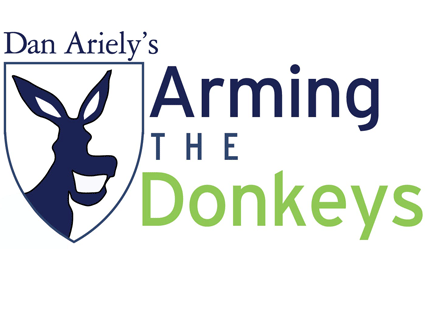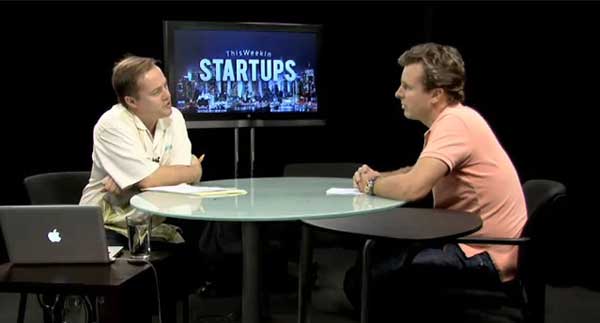But what do you think? If someone was early to the Twitter game and took the time to register 100 keyword accounts around the possibility that someday Twitter handles would be valuable, is that wrong? Now that it’s apparent that Twitter handles ARE ‘valuable’, but that person’s not using them, should he give them up – release them back into the Twitosphere? And what about you? Do you ‘own’ multiple Twitter handles? Did you secure the Twitter handle to match your domain name or does some ‘Twitter squatter’ have it now?

photo credit: markhillary
As you can probably tell I’m a big fan of Jason Calacanis’s This Week In Startups web show. I learn a lot and I enjoy Jason’s quick wit. Jason is a very public figure who lays his opinions on the line and for that reason attracts a lot of haters. So many in fact, that the acknowledged term for them is ‘Jaters’. I know I’m risking adding fuel to the fire, but this is more interesting than that, so here goes.
On a recent episode Jason volunteered that he ‘owned’ the Twitter handle @democrats. He mentions that he had a use for it – he’ll use it to cover politics – but that the DNC had called him and asked for it. Jason’s response was, “Well, what kind of arrangement would you like to make for it?” To which they replied, “Well when you give us the handle we’ll retweet it.” What ensues is a funny riffing session between Jason, Lon Harris, and Tyler Crowley. Listen carefully and you’ll get some insights into the kinds of things, apart from money, that could entice the owner of a domain (or Twitter handle) to part with it.
(Click arrow to play audio) @democrats
But what do you think? If someone was early to the Twitter game and took the time to register 100 keyword accounts around the possibility that someday Twitter handles would be valuable, is that wrong? Now that it’s apparent that Twitter handles ARE ‘valuable’, but that person’s not using them, should he give them up – release them back into the Twitosphere? And what about you? Do you ‘own’ multiple Twitter handles? Did you secure the Twitter handle to match your domain name or does some ‘Twitter squatter’ have it now?
My point is only that ANYTIME someone wants what someone else has, a MARKET grows. You can regulate it, but you can’t control human nature. If you’re angry and find yourself using the term ‘squatter’ you’re probably being irrational. Either that or you should call an IP attorney, at least for a consultation. In other words, GET OVER IT!
 I’m loving all the data coming out of behavioral science. It really does turn out we’re biased towards idiocy. Fortunately, by studying our biases we can keep ourselves from acting on them. A favorite source of fascinating and useful psychological insights is Dan Ariely, Professor of Behavioral Economics at Duke University and author of two excellent books, The Upside of Irrationality, and Predictably Irrational. He’s also the host of a podcast series called, Arming the Donkeys. In this excerpt from an interview with Princeton University psychology professor Danny Oppenheimer, they discuss the findings of a study [pdf] where Danny’s team discovered that the difficulty of pronouncing a stock’s name predicted how it would do on its IPO. The area of inquiry is called fluency. Fluency is the property of a person or of a system that delivers information quickly and with expertise.
I’m loving all the data coming out of behavioral science. It really does turn out we’re biased towards idiocy. Fortunately, by studying our biases we can keep ourselves from acting on them. A favorite source of fascinating and useful psychological insights is Dan Ariely, Professor of Behavioral Economics at Duke University and author of two excellent books, The Upside of Irrationality, and Predictably Irrational. He’s also the host of a podcast series called, Arming the Donkeys. In this excerpt from an interview with Princeton University psychology professor Danny Oppenheimer, they discuss the findings of a study [pdf] where Danny’s team discovered that the difficulty of pronouncing a stock’s name predicted how it would do on its IPO. The area of inquiry is called fluency. Fluency is the property of a person or of a system that delivers information quickly and with expertise.
